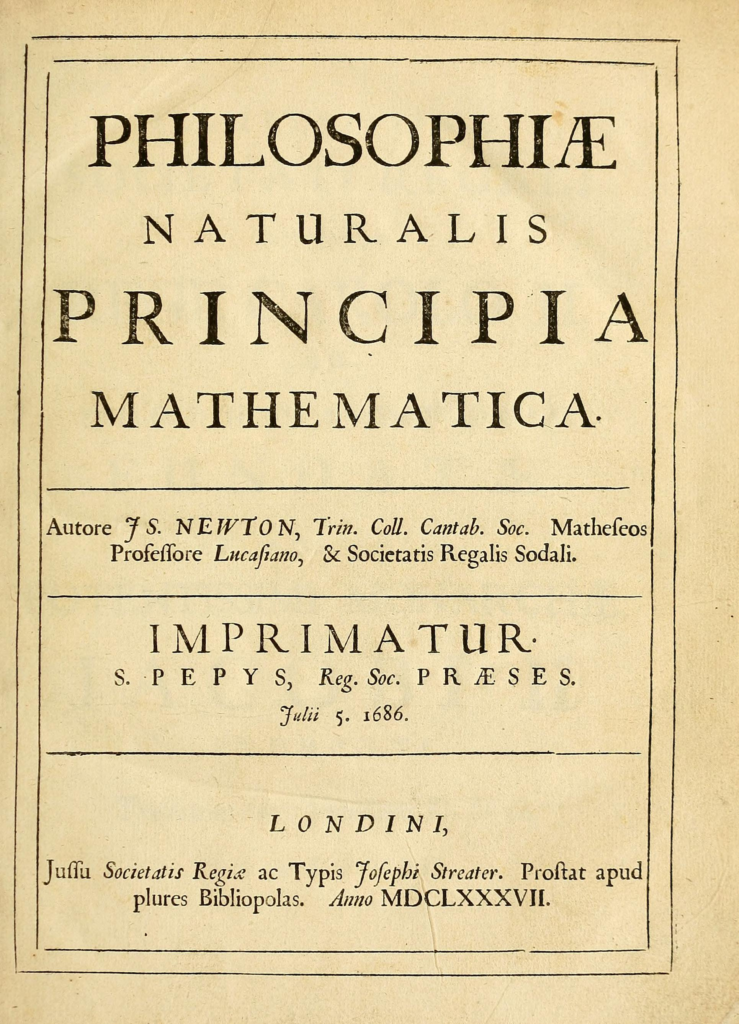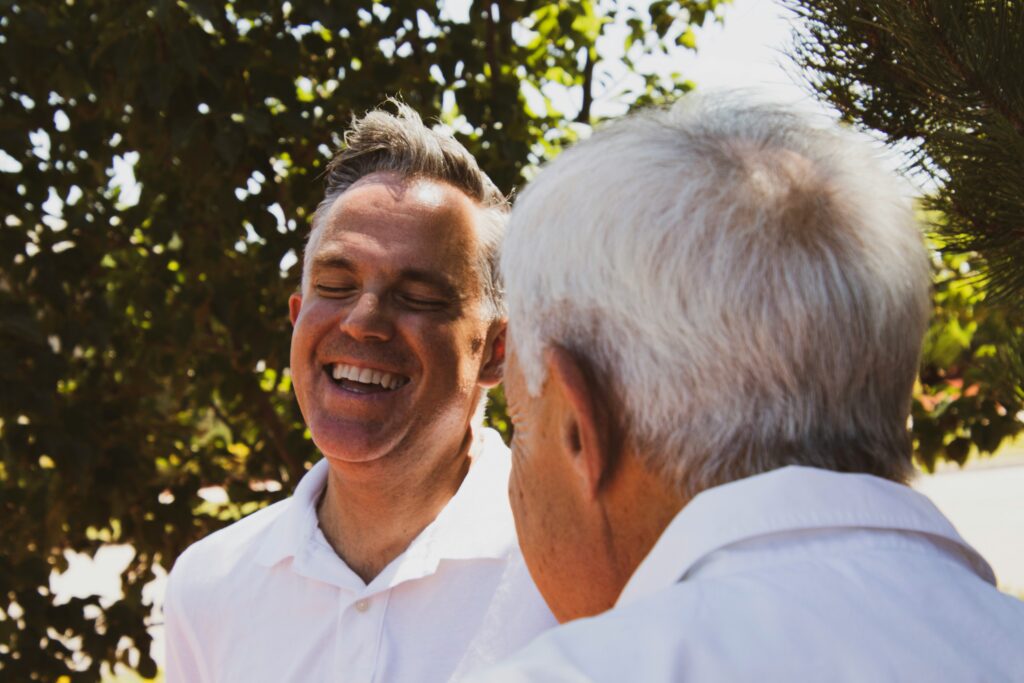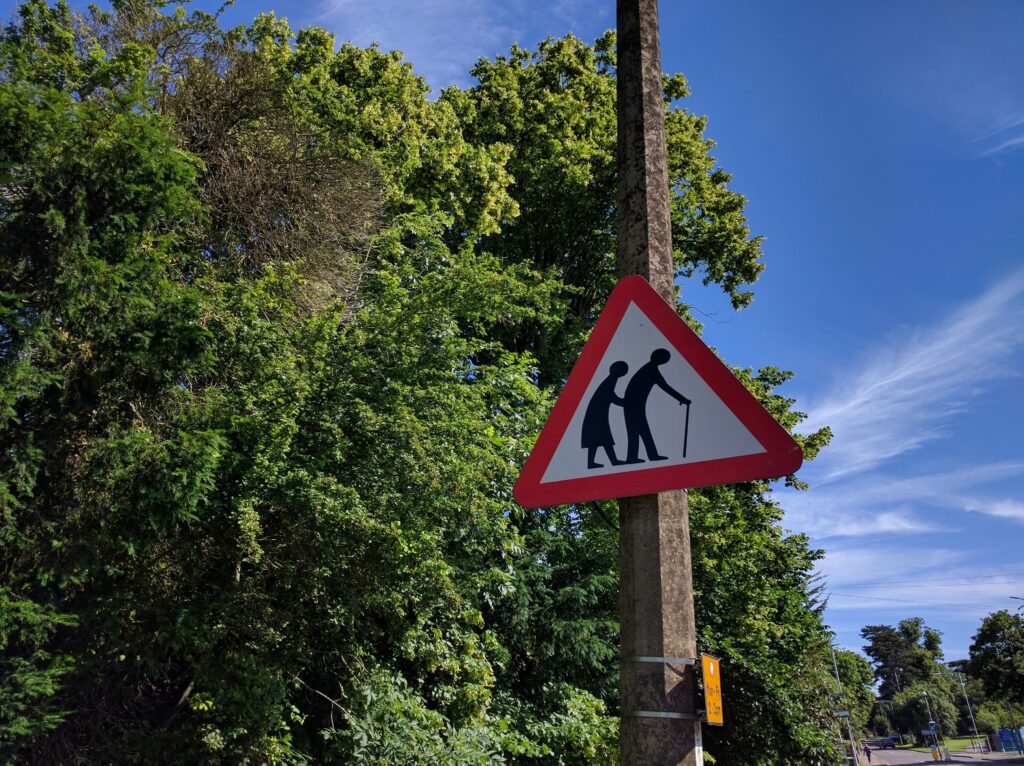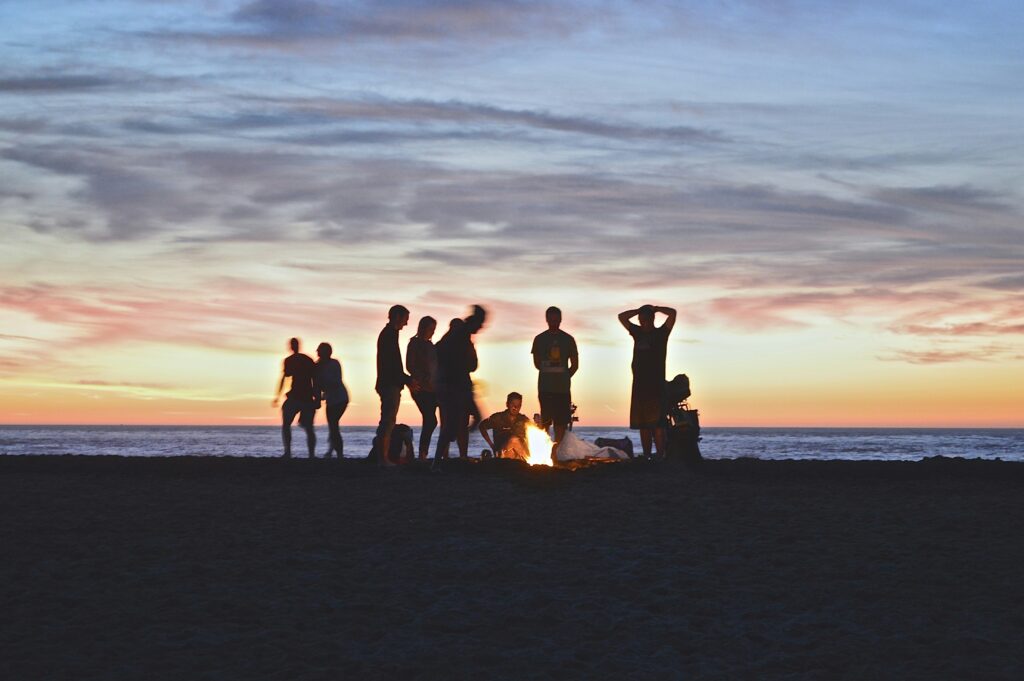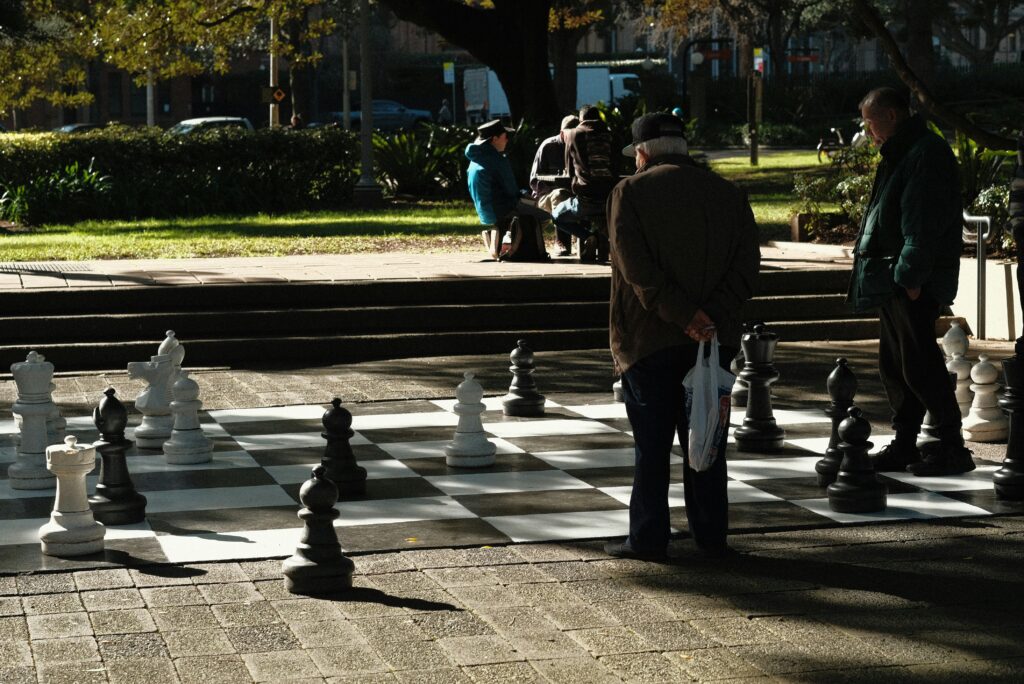March 2025
By Richard Fleming

Photo courtesy of Alexander Grey
The Covid pandemic began to devastate the U.S. and the world in March 2020. It was five years ago this month. Like a lot of people, I had shelved many of my recollections about the pandemic in the back of my hippocampus, the area of our brain where memories are stored. I stopped thinking about Covid. My time and energy shifted to focusing on how to live in old age.
But five-year anniversaries are significant. To mark the occasion, the media recently began presenting articles on life during the pandemic and how it changed our country in profound ways which reverberate to the present.
Reading these stories reconnected me to the pandemic. And they made me a bit surprised by how remote it had come to feel. I was only 68 years old when it started. That feels like a lifetime ago. I posted previously about how time accelerates as we age. A year now flashes by in about six months. So why does the pandemic seem far in the past? When people live through haunting and ominous experiences, memory repression is one way of coping. But with the arrival of the five-year anniversary, it may be time to excavate some pandemic memories to seek lessons, especially as they relate to the older generations. What follows are selective and incomplete assessments. I welcome learning from your reflections. Please feel free to post them in the comments section.
I want to start with the powerful emotional and subjective feelings I experienced in the early months of Covid, then move on to more objective analyses.
As I think back, I remember how humbling, scary, and confusing it was to realize how vulnerable we all were: my family, my friends and neighbors, our whole society, and of course myself. The early months of Covid were unquestionably the most unsettling and uncertain time in my 73 years. How many of us were going to die? No one could say. How long before the pandemic would ease up enough to allow family get togethers? No one could know. Would we ever resume what was previously known as “normal everyday life”? No one was certain.
As the months and years went by, answers to these questions emerged. The uncertainty and fear started to subside. And the lessons we could learn or, more precisely, should learn, began to crystallize.
* * *
Maintaining the public’s health requires an effective system of public health. As the virus spread from community to community and state to state, as the death toll rose into the hundreds of thousands, it uncovered the reality that health care in the U.S. suffers from what I will call “three poors.” It is poorly-organized, poorly-financed, and poorly-available to many people.
Testing, treatment, and – after they became available – vaccinations were not well deployed. Rollout of prevention and therapeutic measures was chaotic and inconsistent. Medical equipment was often not available. While large amounts of money flow into our health care system, too much ends up as profits for the private sector. Not enough pays for actual medical care. If our government spent its health care dollars more effectively, the total costs would likely drop. And too many people in our country either have no health insurance or inadequate coverage. People with poor access to quality medical care had worse outcomes during the pandemic.
When healthcare and science become infected with politics and mistruths, everyone suffers. It did not take long after the virus started its rampage that shysters and grifters began trying to profit from the suffering. They had supplements to sell. They promoted unproven and disproven remedies. They could only succeed by undermining trust in expertise and science. And many politicians tried to wield the pandemic as a weapon to retain power.
Many of the efforts to undermine science were justified as, “I’m just asking questions.” But just asking questions, whether about vaccines, medications, or how Covid spreads, only fueled skepticism about what infectious disease experts were saying.
Another common theme was, “Do your own research.” Right, as if a person could go on the internet and after half an hour discover “facts” that infectious disease experts with decades of experience were supposedly trying to cover up.
Science evolves as experience is gained and studies are performed. Covid-19 was a novel coronavirus, and physicians’ understanding of how it was transmitted, what it did to the human body, how to limit its spread, and how to treat it advanced over time. But rather than viewing this developing understanding as confirmation of science’s ongoing quest for truth, Covid deniers claimed it proved that scientists were dishonest and that influencers and podcasters had a better understanding of the pandemic.
These attacks on medicine had impacts in the real world. Covid infections, hospitalizations, and mortality were significantly higher in regions of the country where more people were just asking questions and just doing their own research.
During a pandemic, individualism harms community health. Many people believed it was their individual right and their sole decision whether to mask; take precautions around family, friends, and neighbors; and get vaccinated. But when dealing with a deadly virus spread easily through the air, each individual’s personal decisions can and do impact the health of others. Many people who were very careful and followed the advice of public health experts died from Covid because members of their communities were exercising their personal freedom.
Old folks are viewed by many as dispensable. It became clear early on in the pandemic that older people were more vulnerable to bad outcomes from Covid infections. Younger people were not immune from serious problems, but the risks were far lower. This reality unveiled some disturbing opinions. A viewpoint which emerged early on and seemed to gain strength with every passing month said the best way to handle the pandemic was for old people to isolate themselves at home and let society carry on as usual. People espousing this outlook felt protecting old folks was too great a cost, not just in medical expenses, but in economic and business activity. For some, any limitations on going to clubs, parties, restaurants, and entertainment venues were too painful to contemplate. Since old people had already lived their lives and would be dying fairly soon anyway, why adopt extreme measures which would hurt the younger generations?
* * *
Summarizing the lessons I hope we have learned:
- The pandemic should serve as a siren call that our health care system needs to improve and insurance coverage should become universal and affordable.
- Infectious diseases do not respond well when evidence-based medicine is attacked and politicized. Viral social media posts do not facilitate treatment of viral diseases.
- If we recognize we live in a community, we are more willing to make small sacrifices to protect that group. We come to understand that when one part of the community is harmed, everyone else in the community will also be harmed. Sooner. Or. Later.
- A society willing to sacrifice its elders on the altar of preserving business activity and unencumbered lifestyles would be a sad place in which to live. And not just for old people.
But have we learned these lessons? How will we respond the next time? There are many dangerous bugs out there, one or two mutations away from becoming easily transmissible among humans. Ebola, mpox, hemorrhagic fever, bird flu, paramyxovirus, and many others are lurking, waiting. And there are bugs which can already spread among people, like measles and multi-drug-resistant TB, which could become pandemic problems if we drop our guard. The recent cuts to U.S. funding for health services overseas and the continuing campaigns against vaccinations and simple safety precautions domestically makes the spread of such infections more likely.
When one of these pathogens starts to spread among us, how will we respond?
Will science and expertise be embraced or ignored?
Will individual liberty and free choice trump community health and safety?
Will older and more vulnerable people be viewed as worthy of protection, or as too expensive and therefore expendable?
If you appreciated reading this post, please consider sending it to friends who may be interested or posting a link to your social media feed. Also, if you are not yet a subscriber, it is an easy way to be notified of future posts, which I upload once or twice a month. Just enter your email address below, then check your email for a return message that requires a confirmatory click to complete the process. Subscriptions are free and no advertising will come your way.
